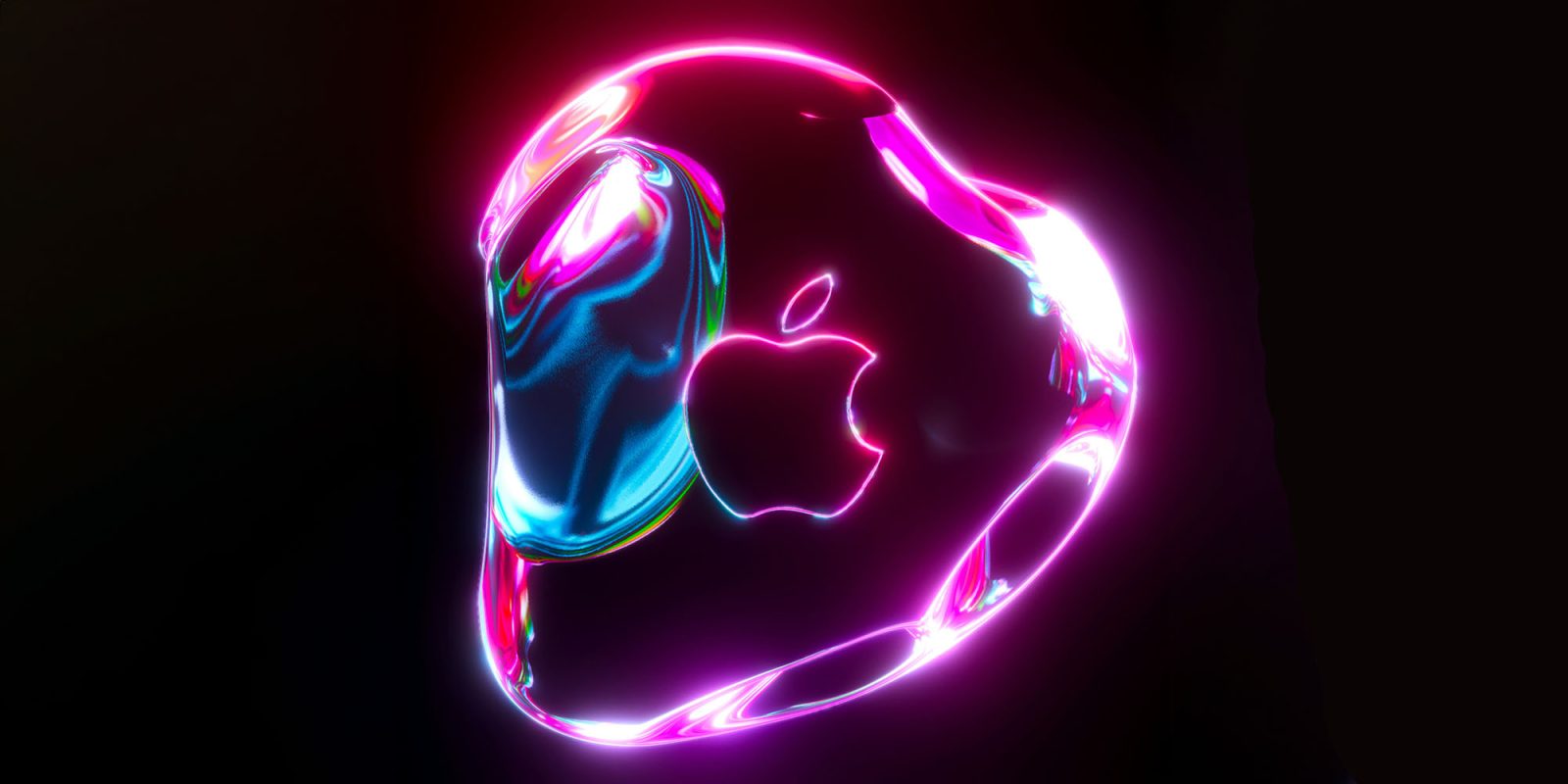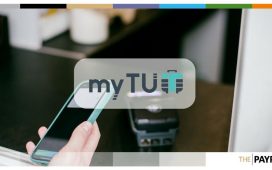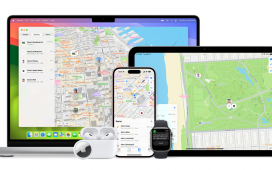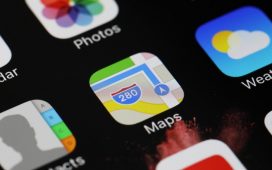
Nothing Technology numbers ‘father of the iPod‘ Tony Fadell among its key investors, but Carl Pei – CEO of the British smartphone company – thinks today’s Apple has grown boring.
Pei also believes the future of smartphones is a single app that knows you well, but thinks it will take 7-10 years to reach that point …
Nothing launched back in 2019, with the company’s stated aim to create “inspiring” technology. Our sister site 9to5Google thinks the company has done reasonably well at this with its Nothing Phone (3a).
Pei told Wired that he’d been inspired by Apple back in its iPod days and early iPhone days – but not any more.
Personally, I was very inspired by Apple when I was younger—the first iPod, the first iPhone—that’s the reason I’m in this industry. But now the creative companies of the past have become very big and very corporate, and they’re no longer very creative. They’re no longer inspirational for the younger generation.
In particular, he thinks Apple Intelligence has been a flop.
Apple today is very different from the Apple when I was younger. Last year, they told a very big story about Apple Intelligence. Now, a year later, it’s not much more than some generated emojis. So it’s made consumers very skeptical.
Pei is a big believer in AI, however, and thinks the smartphone will be the main device through which people access it.
He thinks that, in time, we’ll no longer need to use individual apps. Instead, the phone’s OS will be the only app, able to do everything we need.
I believe that in the future, the entire phone will only have one app—and that will be the OS. The OS will know its user well and will be optimized for that person […]
The next step after data-driven personalization, in my opinion, is automation. That is, the system knows you, knows who you are, and knows what you want. For example, the system knows your situation, time, place, and schedule, and it suggests what you should do.
Right now, you have to go through a step-by-step process of figuring out for yourself what you want to do, then unlocking your smartphone and going through it step by step. In the future, your phone will suggest what you want to do and then do it automatically for you. So it will be agentic and automated and proactive.
He acknowledges that this is a pretty radical view, and that nobody is going to buy it right now.
At this point, if we said, “We have eliminated apps from smartphones,” no one would buy it. So we have to ship a little bit, look at the data, look at the feedback, iterate, and then ship again. Gradually make suggestions over and over again. We could do this quicker, but we need to bring the user with us on the journey.
I would say [this will take] seven to 10 years. I think many people would like to see it happen sooner, but in reality I think people love using apps, so I don’t think it will happen that fast.
9to5Mac’s Take
While I don’t personally see anything particularly innovative about Nothing’s phones, it’s fun to see a startup playing in a market dominated by the big boys.
Similarly, I’m not sure I can see a future where a single AI agent can replace all the apps we use today, however smart they may become in that time. We’re all too different, and each have our own needs, interests, and tastes.
But I do think there’s something to the core idea here. That as generative AI gets smarter, it will gradually take over an increasing number of tasks currently carried out by apps. We’re already seeing a growing number of people using ChatGPT as a Google substitute (however ill-advised that may be), so I think a 7-10 year future where Apple Intelligence is our first resort when carrying out a task on an iPhone, and apps are the secondary interface, is a broadly credible one.
What’s your view? Please share your thoughts in the comments.
Photo by Soheb Zaidi on Unsplash
FTC: We use income earning auto affiliate links. More.











